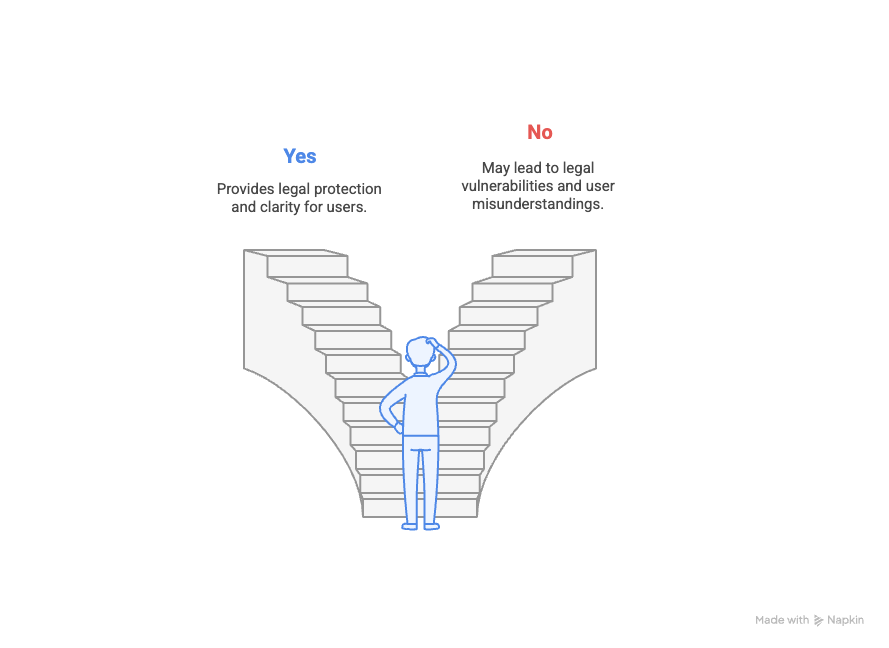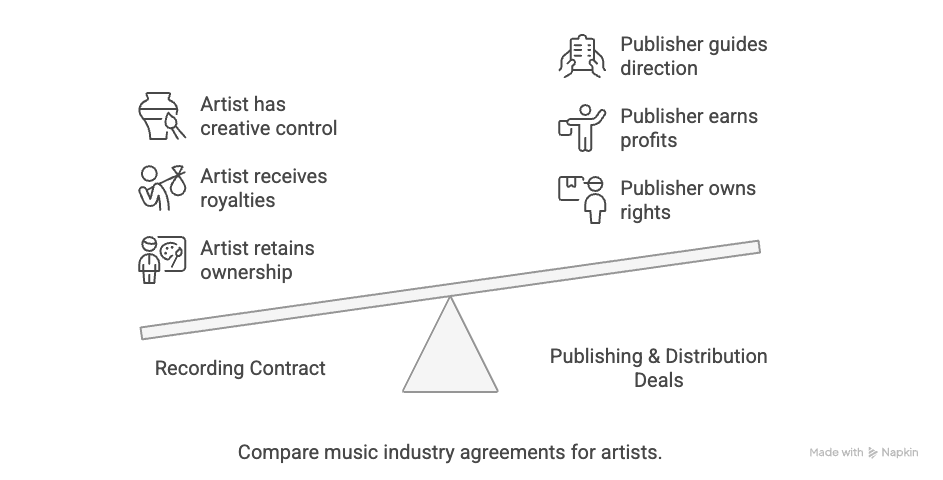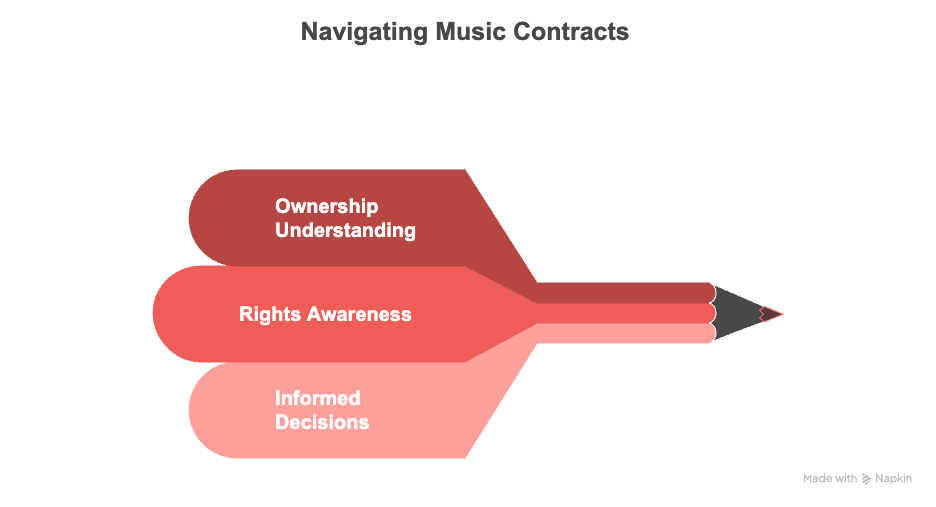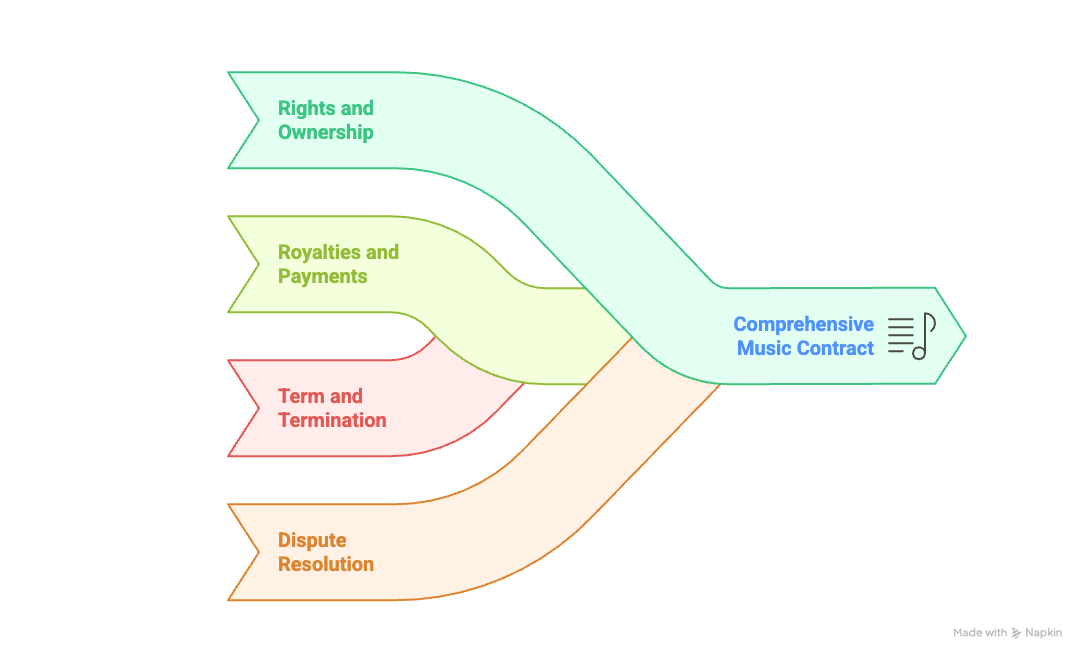
Do I Legally Need Terms & Conditions On My Website In Canada
Last Updated on May 10, 2025
If you’re launching a website in Canada, you’ve probably heard that you should include Terms and Conditions — but are they actually required by law? The short answer: no, but not having them could leave you legally exposed.
In this guide, we break down why Terms and Conditions matter, what Canadian law says, and what happens if you skip them.
Are Terms and Conditions Legally Required in Canada?
No federal or provincial law in Canada specifically requires websites to publish Terms and Conditions. However, having one helps establish a binding contract between you and your visitors, making it easier to enforce site rules and protect your business.
Why You Still Need Terms and Conditions
Even though not legally mandated, T&Cs give you essential legal leverage. They help you:
- Limit your liability
- Set rules for acceptable use
- Protect your intellectual property
- Manage billing and refund terms
- Control access and terminate abusive users
Without these rules, you may face disputes with no legal footing to stand on.
Legal Benefits of Having Terms and Conditions
1. Enforceability in Court
If a user violates your terms and you’ve used clickwrap consent, Canadian courts will often treat it like any other valid contract.
2. Risk Limitation
T&Cs let you cap financial liability and disclaim responsibility for issues like site downtime, inaccurate content, or third-party links.
3. Jurisdiction Clarity
By stating which province’s laws govern the agreement (e.g., Ontario), you reduce uncertainty in legal disputes.
4. Professionalism and Trust
A clear T&C page improves your brand’s credibility and shows users you operate transparently.
When You Should Definitely Include Terms and Conditions
- You offer paid services or subscriptions
- You collect user-generated content
- You allow account creation or signups
- You use third-party services (APIs, payment processors)
- You sell digital or downloadable products
What Happens If You Don’t Have Terms and Conditions?
You may:
- Lose control over how users behave on your site
- Be unable to enforce payment or refund terms
- Face greater liability for user actions or third-party issues
- Be unprepared for disputes or takedown requests
In short: you're legally vulnerable.
Final Thought
You may not be legally obligated to publish Terms and Conditions — but not doing so is a major risk. Protect your website, your revenue, and your reputation by creating enforceable T&Cs.
Need help? Download our free, Canadian-compliant Terms and Conditions template to get started.
Download the Free Website Terms And Conditions Template
Ready to apply what you've learned? Get instant access to the Website Terms And Conditions PDF - free, editable, and built for Canadian businesses. No sign-up required.
Frequently Asked Questions
Answers to common questions about Do I Legally Need Terms & Conditions On My Website In Canada.
Can Terms and Conditions help prevent chargebacks or disputes?
Yes. A clear T&C outlining refund and payment terms helps you respond to disputes, especially for digital or subscription services.
Is a Terms and Conditions checkbox required at checkout?
It's highly recommended. Using clickwrap ensures users actively agree, strengthening enforceability under Canadian contract law.
What happens if someone misuses my site and I have no T&Cs?
You may have limited legal grounds to restrict or penalize the behavior, leaving your business more vulnerable.
Do I need a lawyer to write Terms and Conditions?
Not necessarily. Many businesses start with a Canadian-compliant template and customize it. Legal review is a good next step.
Can Terms and Conditions help with copyright issues?
Yes. Clauses about intellectual property ownership protect your content and help you respond to infringement or misuse.
Is it illegal to run a website without Terms and Conditions?
No, but it’s legally risky. Without them, you may lack contractual protection if a dispute arises.
Do I need T&Cs if I only have a blog?
It’s still smart - especially if you publish advice, allow comments, or collect emails.
Are Terms and Conditions legally binding without a signature?
Yes, if users affirmatively agree (e.g., clickwrap). Canadian courts accept digital consent.
Can Terms and Conditions protect me from legal claims?
Yes, especially if you include clear disclaimers, limits of liability, and jurisdiction clauses.
Can I write my own Terms and Conditions?
Yes. Use a reliable Canadian template and tailor it to your site. Legal review is recommended but not required.
Explore More in Creative Digital Contracts
Discover curated templates in Creative Digital Contracts to help your business stay compliant and efficient.


